Service Autoconfiguration Using Attributes¶
Contributed by
Nicolas Grekas
in #39804.Service autoconfiguration allows to automatically apply certain configuration to your services, based on your service’s class. This is useful for example to apply certain service tag to classes that implement some interface (e.g. when you create a class implementing Twig\Extension\AbstractExtension, Symfony applies the twig.extension tag to it so you can use it without configuring it). PHP attributes are one of the best new features introduced in PHP 8. They allow to add machine-readable metadata to your code. That’s why in Symfony 5.3 we’ve combined both to allow autoconfigure services using PHP attributes. In previous Symfony versions, you could add the following to your kernel or dependency injection extension: 1 2$container->registerForAutoconfiguration(SomeInterface::class) ->addTag('app.some_tag'); In Symfony 5.3 you can remove this configuration if you like and use instead the
[Autoconfigure] attribute on the PHP interface:
1 2 3 4 5 6 7 8 9 10# src/SomeNamespace/SomeInterface.php namespace App\SomeNamespace; use Symfony\Component\DependencyInjection\Attribute\Autoconfigure;
[Autoconfigure(tags: ['app.some_tag'])]
interface SomeInterface { // ... } In addition to tags, you can autoconfigure other service properties, such as method calls, service configurators, whether the service is public/shared/lazy, etc. Autoconfigurable Attributes¶
Contributed by
Alexander M. Turek
and Nicolas Grekas
in #39897,
#40234
and #40556.A different but related feature introduced in Symfony 5.3 allows you to use PHP attributes to autoconfigure instances of classes instead of interfaces. For example, in previous Symfony applications your configuration had to include the following about controllers: 1 2 3 4 5# config/services.yaml App\Controller\: resource: '../src/Controller/' tags: ['controller.service_arguments']
...
This was necessary to apply the controller.service_arguments tag to all the services whose classes where stored in the src/Controller/ directory of your application (this tag allows autowiring the arguments of all controller methods, not only its constructor). In Symfony 5.3 you can remove that configuration if you like and apply instead the following attribute to all your controllers that need that feature: 1 2 3 4 5 6 7 8// src/Controller/MyController.php use Symfony\Component\HttpKernel\Attribute\AsController;
[AsController]
class MyController { // ... } These attribute names follow the pattern #[As...]. Symfony 5.3 provides
[AsCommand] to define a PHP class as a Symfony console command,
[AsEventListener] to define a PHP class as a Symfony event listener, etc.
Note that you don’t need to add these attributes when upgrading to Symfony 5.3. They are an optional way of achieving the same that you get when using autoconfigure: true in config/services.yaml in your current applications.
Sponsor the Symfony project.Melden Sie sich an, um einen Kommentar hinzuzufügen
Andere Beiträge in dieser Gruppe
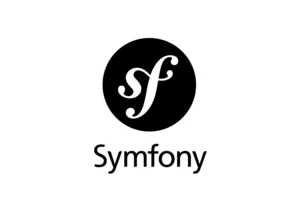
Symfony 6.4.23 has just been released. Read the Symfony upgrade guide to learn more about upgrading Symfony and use the SymfonyInsight upgrade reports to detect the code you will need to change in you
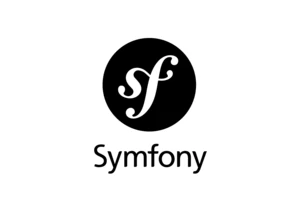
Symfony 7.2.8 has just been released. Read the Symfony upgrade guide to learn more about upgrading Symfony and use the SymfonyInsight upgrade reports to detect the code you will need to change in your
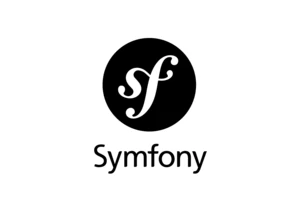
Symfony 7.3.1 has just been released. Read the Symfony upgrade guide to learn more about upgrading Symfony and use the SymfonyInsight upgrade reports to detect the code you will need to change in your
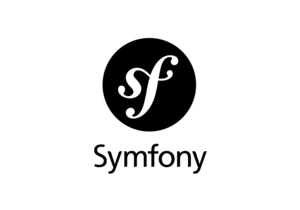
This week, development activity was intense, with many bug fixes in the maintained branches, numerous deprecation removals in the 8.0 branch, and new features added to the 7.4 branch, including tighte
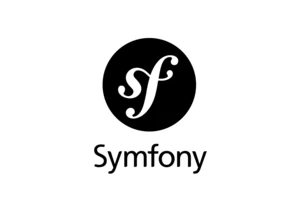
Thank you for joining us at SymfonyOnline June 2025!
What a great edition of SymfonyOnline we’ve just wrapped up! 🎉
We were thrilled to welcome 300 participants from 35 different countries—a
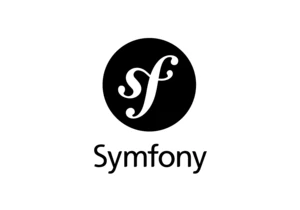
This week, Symfony celebrated the SymfonyOnline June 2025 conference with great success. Meanwhile, development efforts focused on improving invokable commands for the upcoming Symfony 7.4 version. Th
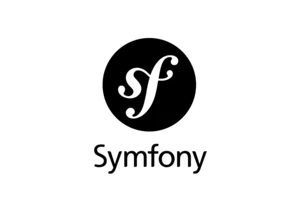
This week, development activity focused on the upcoming Symfony 7.4 and 8.0 versions, which will deprecate and remove many features. In addition, we published a case study about Yousign. Finally, we'r
